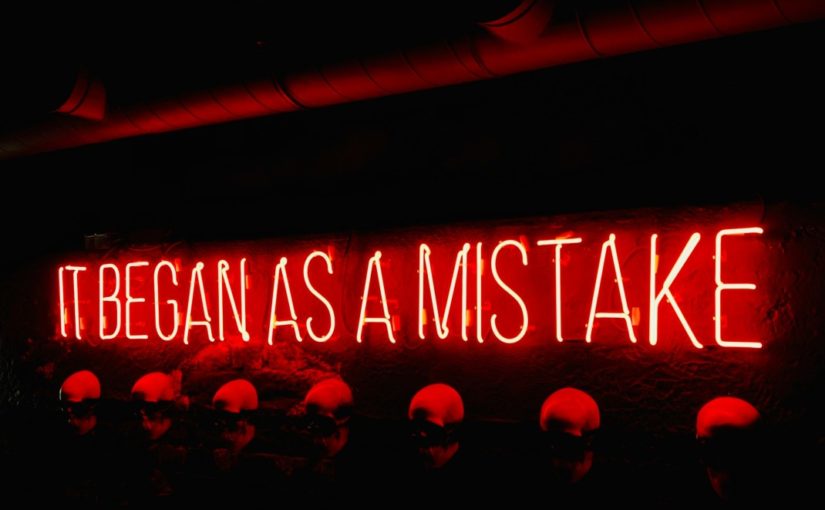Today’s quote comes from Lao Tzu: „Doing nothing is better than doing nothing with a lot of effort.“
That’s an interesting quote. In other words, according to Lao Tzu, it is better to lay your hands in your lap than to try to achieve something without success and without a goal.
My interpretation of the quote is that effort alone is not enough if the goal and focus are not defined. You also need skills and abilities to create, i.e. knowledge of what to do or how to do something. You also need a vision – what do you want to achieve? What should be better, different later?
Effort alone is not enough if the project is aimless, lacks resources or knowledge, has not been thought through or planned for. Whilst effort is an important ingredient for success, as the German proverb says: „No pain, no gain“, it only becomes a success factor if the other ingredients, such as knowledge, goal and plan, as well as the necessary resources are planned for.
In this respect, doing nothing is better than simply getting started. Doing nothing has another advantage, as it allows new thoughts and ideas to emerge. They lead to making targeted plans and implementing them step by step in a focussed manner. By doing nothing, you can invest the time to find a plan, develop a vision, acquire the necessary knowledge and then find the resources to turn the idea into reality.









